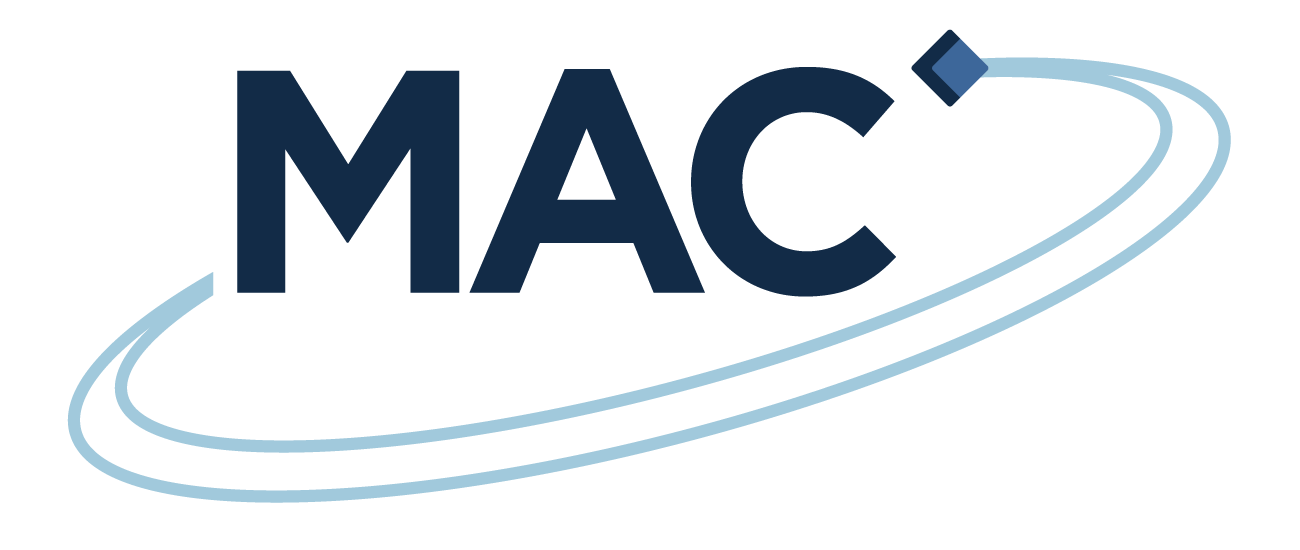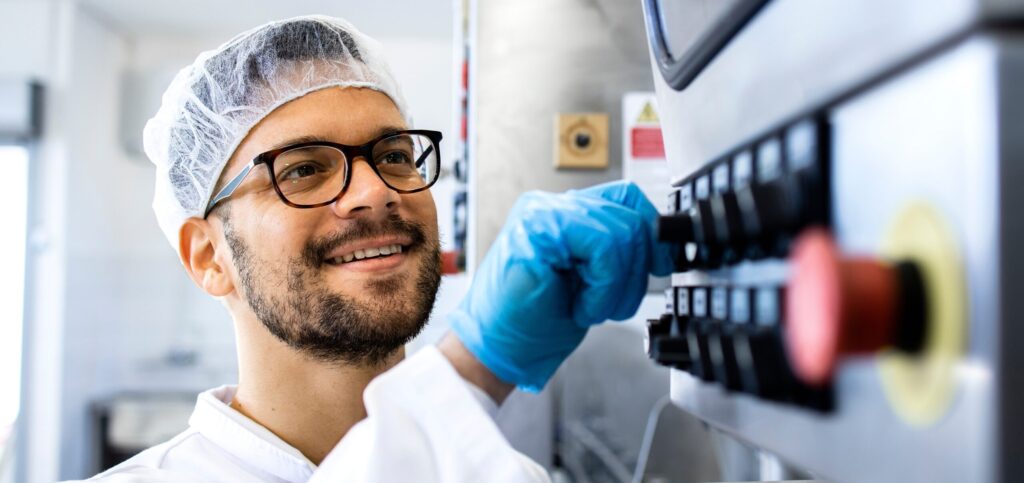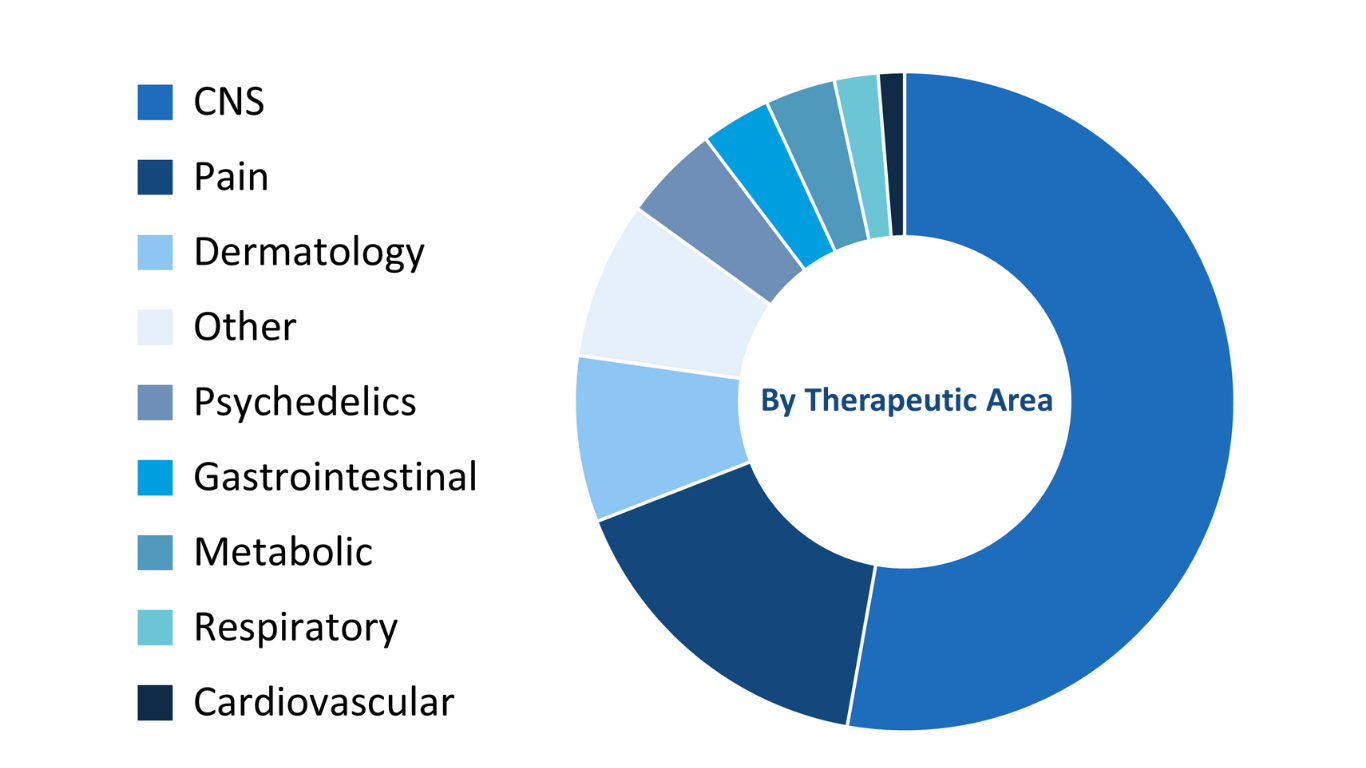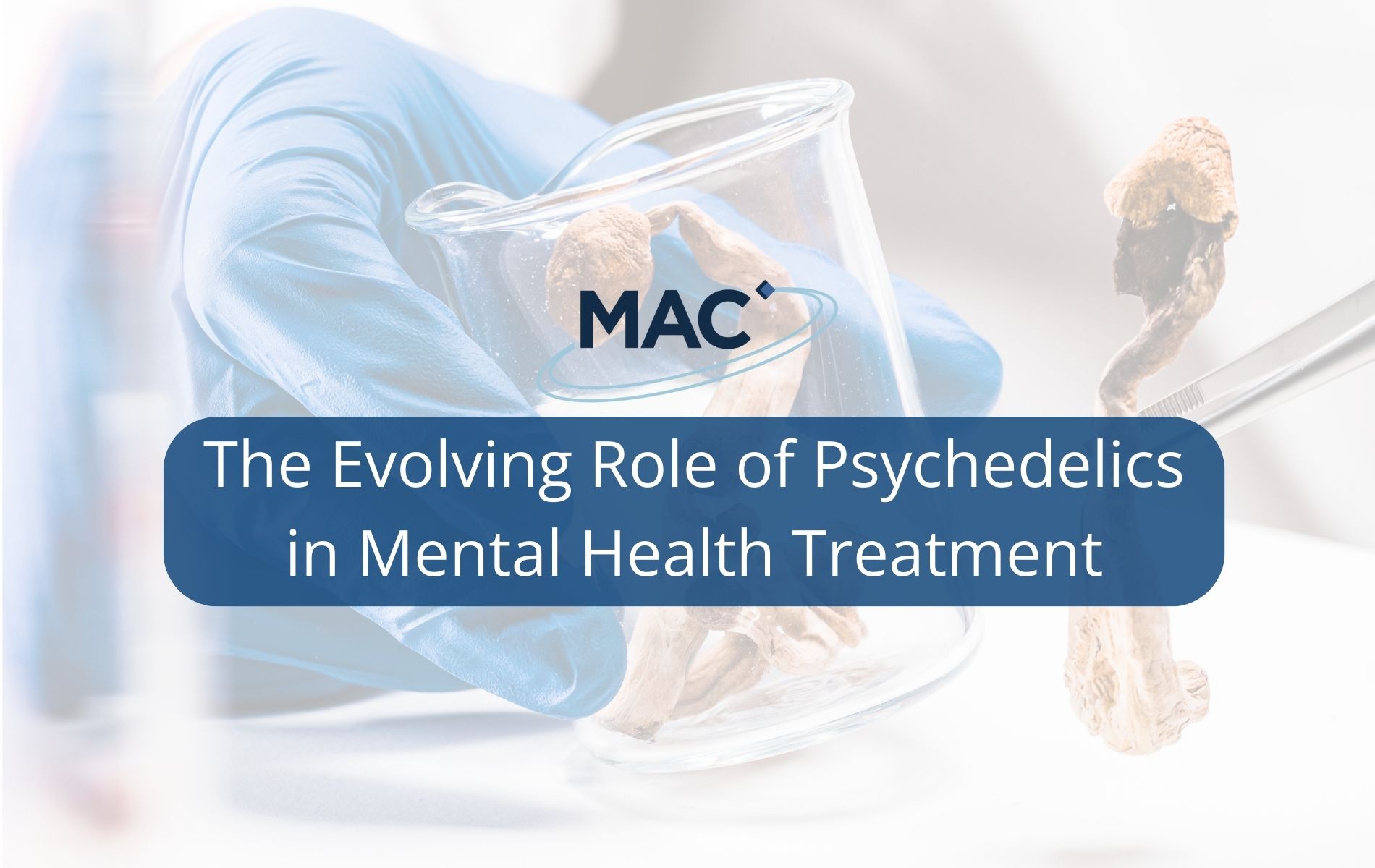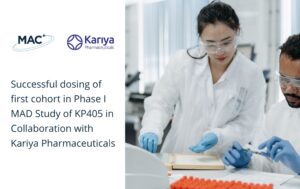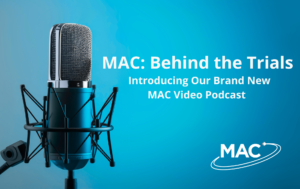As society continues to address the complexities of mental health issues, the therapeutic use of psychedelics is becoming more widely accepted as a potential treatment option for mental health disorders (1). While historical research in psychedelics is limited, due to the negative connotations associated with the compounds, substances like psilocybin, MDMA, DMT and LSD are now garnering attention for their potential in treating a wide range of mental illness. The landscape of psychedelic-assisted therapy is constantly evolving with ongoing research that challenges traditional stigmas and sheds light on future promising applications.
Recent years have witnessed a resurgence of interest in psychedelics as a therapeutic tool. Clinical studies have shown that compounds like psilocybin, and other psychedelics, can have profound effects on the brain, inducing altered states of consciousness and fostering introspection. Researchers are now investigating their potential for treating a whole range of mental health disorders, including depression, anxiety, PTSD, opioid & alcohol addiction.
Emerging Insights
While research on the use of psychedelics to treat depression is still in its early stages, studies have shown that psychedelics can have a profound impact on mood, perception and consciousness. Patients who have undergone psychedelic-assisted therapy have reported significant reductions in depressive symptoms and improved overall well-being (2).
Depression and Anxiety:
One of the most promising areas of psychedelic research is in treatment of depression and anxiety. Studies have suggested that a single dose of psilocybin, administered in a controlled and supportive environment, can lead to significant and lasting reductions in depressive symptoms (3). Patients often report a sense of connectedness, increased self-awareness, and a shift in perspective that allows them to confront and process their emotions in new ways.
Post-Traumatic Stress Disorder (PTSD) and Psychedelics:
Psychedelic-assisted therapy is showing promise in helping to confront and reprocess traumatic memories, which may prove helpful for people struggling with PTSD (4). Early studies indicate that the altered state of consciousness induced by psychedelics may facilitate a deeper exploration of these memories and allow for a more comprehensive healing process.
Addressing Stigmas and Future Prospects:
Despite the promising findings, the use of psychedelics in mental health treatment faces challenges. Stigmas surrounding these substances, rooted in their history of recreational use, can hinder public acceptance. Additionally, the legal status of psychedelics varies globally, posing obstacles to widespread clinical implementation.

Vice President of Clinical Science
MAC Clinical Research
It’s also crucial to note that the use of psychedelics for treatment should be undertaken in a controlled and supervised clinical setting. Dr Shoona Vincent, Vice President of Clinical Science at MAC Clinical Research said “It’s important to note that the medicinal use of psychedelic drugs should be administered in measured doses under the supervision of medical professionals. Using psychedelic drugs recreationally, or without a prescription to manage mental health issues, is not only illegal in the UK but can also be dangerous. It can lead to the opposite effect; worsening symptoms instead of relieving them”. The research and application of psychedelics for mental health are highly regulated and require professional guidance.
As researchers delve deeper into the therapeutic potential of psychedelics, ongoing studies aim to establish safety protocols, optimal dosages, and long-term effects. The hope is that these efforts will lead to the development of standardised protocols for psychedelic-assisted therapy, ensuring that its benefits can be harnessed responsibly and ethically.
MAC Clinical Research and studies in psychedelics
In recent years, we have gained specialism in psychedelic research having conducted many studies in this area.
We are proud to be the first clinical research company to not only administer high doses of psychedelics but also the first to dose Ibogaine in a clinical environment in the UK, along with the first to dose 50mg of Psilocybin as well as Deuterated DMT (IV/IM).
We also recently became the first UK facility to have dosed 28 subjects twice with LSD within a 3-week period, and we will be the only unit to continuously dose subjects for 7 days of R-MDMA in a controlled environment.
Our posology and method of administration in psychedelic compounds include Psilocybin, Psilocin, DMT, D3 DMT, Ibogaine, LSD, R-MDMA, and other analogues of Psilocybin.
You can find out more about our experience with psychedelic research here.
Psychedelics in mental health treatment represents a shift in how we approach and understand psychological well-being. While challenges and stigmas persist, a growing body of research suggests that these substances could be transformative tools in addressing conditions that have proven resistant to conventional treatments. As we continue to confront the realities of the broader landscape of mental health challenges, an open-minded and evidence-based approach to psychedelic-assisted therapy may pave the way for more effective treatment in the future.
If you would like to speak to us about our experience in this area, or would like more information on how we can support your study, contact us here.
Sources:
(2) The National Institutes of Health (NIH) (2023)
